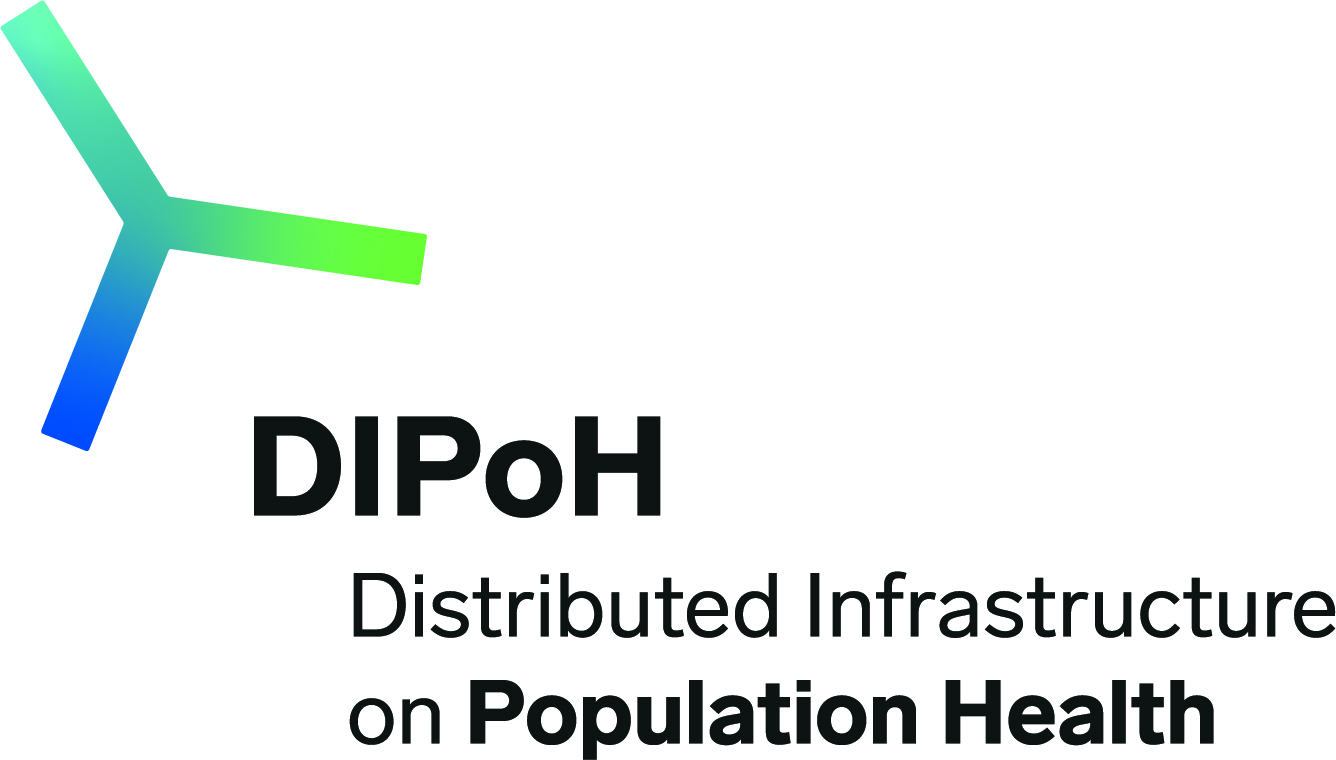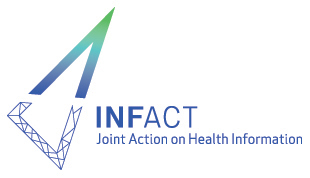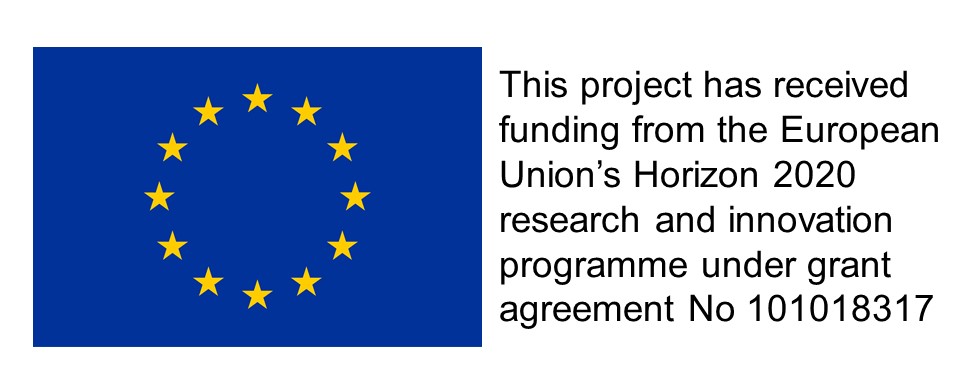This use case aims to investigate the real-world effectiveness of SARS-CoV-2 primary vaccination compared to partial or no vaccination in preventing SARS-CoV-2 infection in virtually all resident populations spanning different countries. The study is conducted in two sequential stages, expanding the exercise to several countries/regions:
- Stage I (pilot): Aragon (Spain) and Belgium.
- Stage II: Aragon (Spain), Belgium, Austria, Finland, Norway, Estonia and The Netherlands. The participation of these countries/regions is conditional on data access.
- Title: COVID-19 Vaccine(s) effectiveness in preventing SARS-CoV-2 infection
- Authors: Natalia Martínez-Lizaga, Marjan Meurisse; Francisco Estupiñan-Romero; Nina Van Goethem; Enrique Bernal-Delgado
- Researchers: Natalia Martínez-Lizaga, Javier González-Galindo, Marjan Meurisse; Santiago Royo-Sierra, Francisco Estupiñán-Romero
- Research Question: “How effective have the SARS-CoV-2 vaccination programmes been in preventing SARS-CoV-2 infections?”
- Cohort: All people eligible to be vaccinated (from 5 to 115 years old, included) or with, at least, one dose of a SARS-CoV-2 vaccine (any of the available brands) having or not a previous SARS-CoV-2 infection.
- Inclusion criteria: All people vaccinated with at least one dose of the COVID-19 vaccine (any available brands) in an area of residence. Any person eligible to be vaccinated (from 5 to 115 years old, included) with a positive diagnosis (irrespective of the type of test) for SARS-CoV-2 infection (COVID-19) during the period of study.
- Exclusion criteria: People not eligible for the vaccine (from 0 to 4 years old, included)
- Countries involved: The study will be conducted in two sequential stages, expanding the exercise to several countries/regions:
- Stage I (pilot): Aragon (Spain) and Belgium.
- Stage II: Aragon (Spain), Belgium, Austria, Finland, Norway, Estonia and The Netherlands. The participation of these countries/regions is conditional on data access.
- Study period: From the date of the first documented SARS-CoV-2 infection in each country to the most recent date in which data is available at the time of analysis. Roughly from 01-03-2020 to 30-06-2022, depending on the country.
- Study Design: An observational retrospective longitudinal study to assess the effectiveness of the COVID-19 vaccine(s) in preventing SARS-CoV-2 infections using routinely collected social, health and care data from several countries. A causal model was established using Directed Acyclic Graphs (DAGs) to map domain knowledge, theories and assumptions about the causal relationship between exposure and outcome.
- Open source material published on Zenodo:
This DMP follows the guidelines and principles of the BY-COVID - Deliverable 8.2.2 Project Data Management Plan.
Access virtual labs
Select one public Binder service and open Rstudio. Instructions are provided in the README.tm file.





